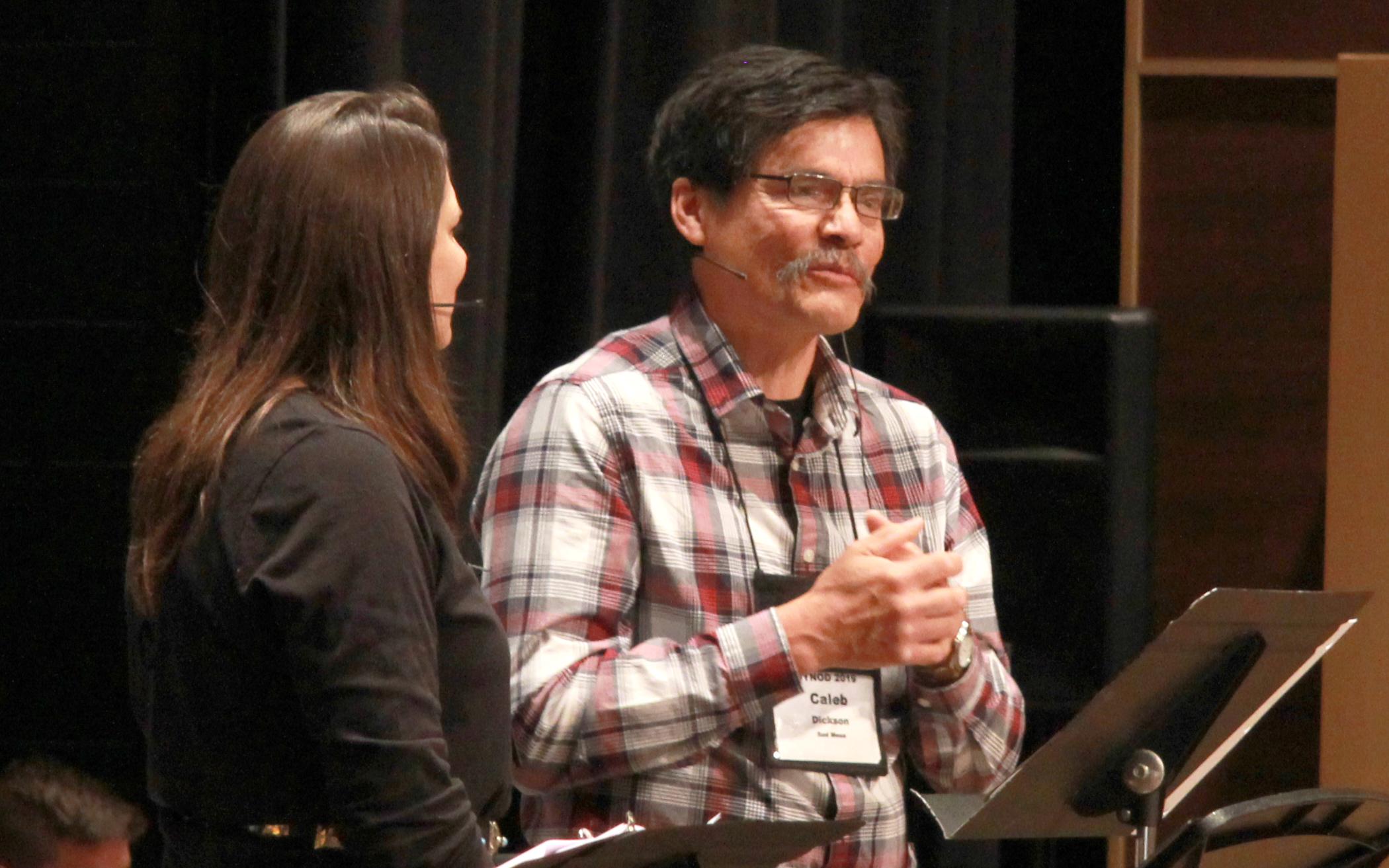One of the trends changing the face of leadership in the Christian Reformed Church is the evolving office of commissioned pastor. Synod 2019 approved a set of changes in the Church Order and in a separate handbook regulating this relatively new office. The changes catch the rules up to evolving practices in the office.
For much of its history, the CRC recognized only three offices: ministers of the Word (pastors), elders, and deacons. But already early in the 20th century there were church leaders who did not fit the categories. Among these were pastors of chapels: mission churches that had not yet been formally organized under denominational rules. They were sometimes said to hold an “extraordinary office” like the evangelists in the New Testament book of Acts. They came to be known as “layworkers in evangelism.”
In 1978, synod created a new office of evangelist to include these pastors. They were permitted to preach and administer the sacraments, but only in their own ministry setting. Out of this, the office of commissioned pastor was born.
In 1994, evangelists were permitted to serve in organized congregations along with a minister of the Word, but it was Synod 2001 that changed the office to what it has become today. The synod characterized the office as one of “pastoral extension,” meaning it could apply to a variety of pastoral roles, including staff roles like worship pastor, education pastor, and chaplain.
Clearly, by this time, the old title for the office had become obsolete. Synod changed the title first to “ministry associate,” and then, in 2012, to “commissioned pastor.” The name for the office is an “umbrella title” for the office. Persons serving in this office usually have another title in the ministry to which they are called, such as “pastor of congregational life” or the like.
Over the past 15 years, the office has burgeoned. New rules have come into place, governing how commissioned pastors transfer to new ministry settings, what happens when they reach the end of their assignment or when they retire, even how they fit into church discipline.
Throughout this history, the denomination has maintained the local character of the office. Commissioned pastors are ordained for a specific role in a specific place. A move or change of job requires a new recognition of their status as commissioned pastors.
Recently, the denominational candidacy office also has begun to recognize the office of commissioned pastor as a bridge into the office of minister of the Word.
Perhaps it is best to think of the office of commissioned pastor as a bottom-up office. Instead of requiring certain training as a precondition for pastoral office, the office permits persons with a variety of training and background to serve in local churches in a variety of ministries, giving to them the full authority of the pastoral office. The office of commissioned pastor arises directly out of the needs of the church.
Left out of this brief history is the role that the office has played in places where it is impractical to send candidates to seminary for training. This new office provides a flexible way to raise up pastoral leadership in a variety of settings. It makes the denomination more nimble.
Synod 2019 is meeting at Calvin College in Grand Rapids, Mich., from June 14-20. For continuous coverage from our award-winning news team, download the Banner app on your mobile device or follow The Banner Magazine on Facebook or @crcbanner on Twitter. You can find more tweeting by following hashtag #crcsynod. News stories will be posted on The Banner’s dedicated Synod web page several times daily. Unless noted otherwise, all photographs are by Karen Huttenga.
About the Author
Clayton Libolt was the long time pastor of River Terrace Church in East Lansing, Mich. Since his retirement, he has served in a variety of interim positions. He is presently serving as the interim senior pastor of Sonlight Community CRC in Lynden, Wash.









